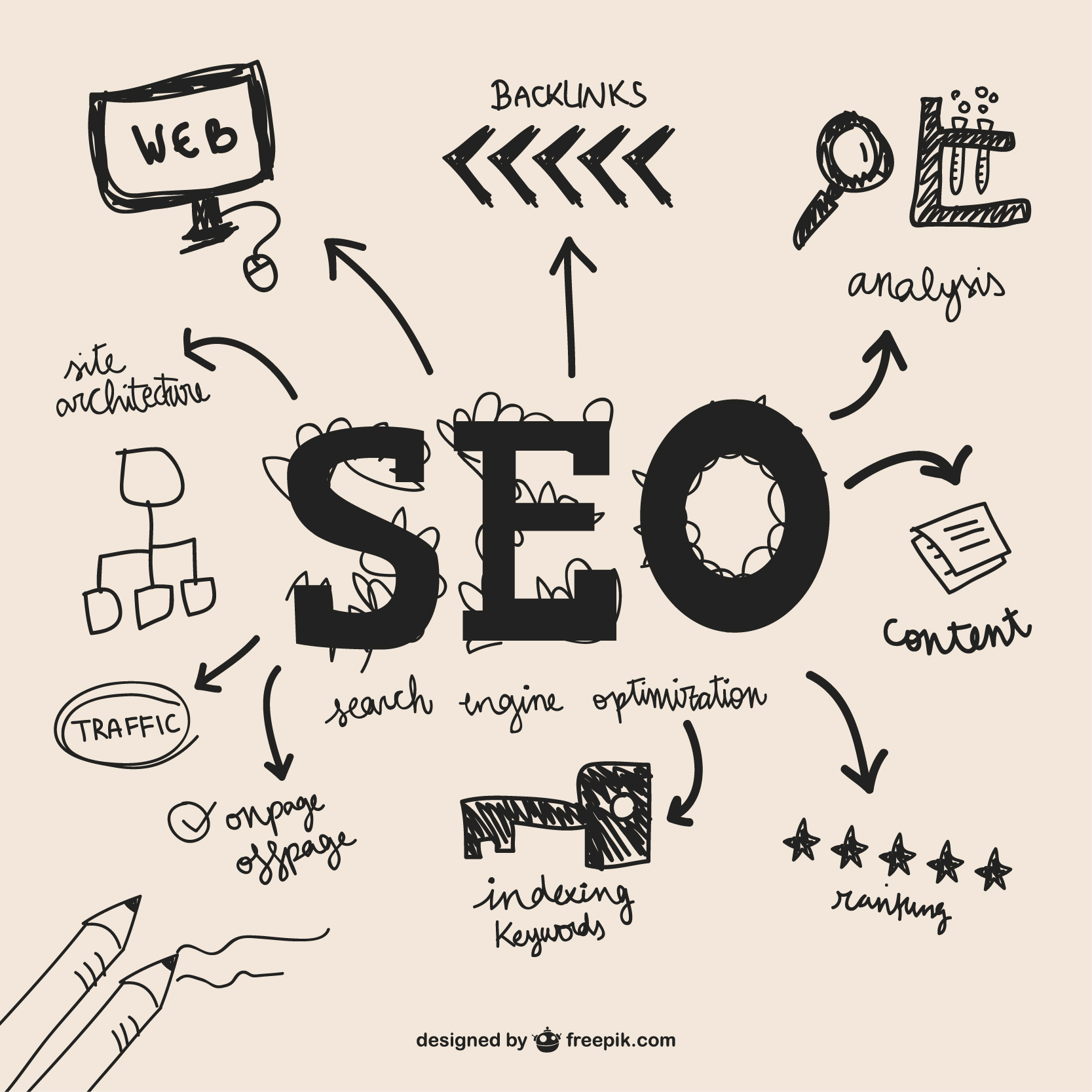Search engine optimization (SEO) is more than just a buzzword—it's your website's ticket to visibility, relevance, and long-term growth. When done right, SEO makes sure people find your site when they need it most—whether they’re searching for a product, a service, or a guide to fixing a flat tire.
In 2024, investing in SEO is no longer optional. According to recent HubSpot data, 32% of marketers are prioritizing SEO in their overall strategies—just behind email marketing. This guide explores the essentials of SEO and how you can use it to grow your brand, backed by hands-on tips and insights from industry leaders.
What Is SEO and Why Does It Matter?
SEO, or search engine optimization, is the process of improving your website so it appears higher in organic (non-paid) search results. It drives two key outcomes:
- Rankings: Where your page appears in the search engine results pages (SERPs)
- Visibility: How often your pages appear for relevant queries
With Google owning over 80% of the global search engine market, showing up in their results is crucial to reaching new customers. SEO helps you meet people at every stage of their buying journey, from awareness to decision.
How Does SEO Work?
SEO relies on three main components:
- Technical Setup: Ensuring your website is crawlable and indexable
- Content: Creating relevant, keyword-optimized content that addresses user needs
- Links: Earning high-quality backlinks to build your site's authority
Google ranks pages based on factors like content quality, user experience, site speed, internal linking, and trustworthiness—commonly referred to as E-E-A-T:
- Experience
- Expertise
- Authoritativeness
- Trustworthiness
SEO Strategy: Key Elements
A winning SEO strategy covers both on-page and off-page optimization. Here are the pillars:
1. Technical SEO
Make sure search engines can find, crawl, and index your pages. This includes:
- A clean URL structure
- Fast page speed (use Google PageSpeed Insights)
- Mobile-friendliness
- Valid sitemap and robots.txt
- Fixing broken links or redirects
2. Content
Quality content is at the heart of SEO. Your goal is to:
- Target the right keywords
- Match user intent
- Optimize headers, titles, and meta descriptions
- Use alt text for images
- Incorporate internal and external links
Use keyword research tools like Semrush, Ahrefs, or Google's Keyword Planner to identify relevant terms, especially long-tail or commercial-intent keywords.
3. Link Building
Backlinks signal your authority to search engines. Focus on:
- Earning editorial links through quality content
- Outreach and guest posting
- Building online profiles and citations
- Competitive analysis
Avoid black-hat tactics like buying links—they may offer short-term gains but risk long-term penalties.
Local SEO
If your business serves a specific area, local SEO helps you appear in geographically relevant searches. Key steps include:
- Optimizing your Google Business Profile
- Ensuring consistent NAP (Name, Address, Phone number) across platforms
- Gathering and responding to reviews
- Using local keywords
Local SEO is especially valuable on mobile, where users search for nearby services.
Measuring SEO Success
To gauge your SEO performance, track:
- Organic traffic
- Keyword rankings (branded vs. non-branded)
- Conversion rates from organic traffic
- Bounce rate and time on page
- Growth in backlinks
- Indexed page count
Use tools like Google Search Console, Google Analytics, and Semrush for insights.
Should You DIY SEO or Hire an Expert?
Depending on your time and resources, you can:
- Do it yourself: Learn the basics and use beginner-friendly tools
- Train a team member: Delegate with proper training and documentation
- Outsource to an agency or freelancer: If you're short on time or want faster results
Whichever path you choose, the key is consistency and keeping up with algorithm updates.
Final Thoughts
SEO isn't about gaming the system—it's about building a site that serves your users well. By focusing on experience, relevance, and technical soundness, you can create content that stands out from the AI-generated noise and drives meaningful results.
Start by optimizing your site structure, publishing helpful content, and building high-quality links. Monitor performance, tweak your approach, and stay ahead of the curve.
Need help getting started? Download our free SEO Starter Pack and begin optimizing your site today.
















